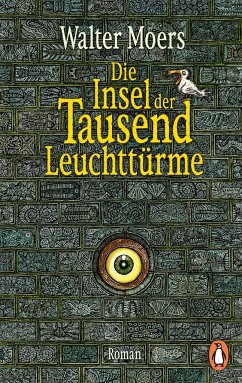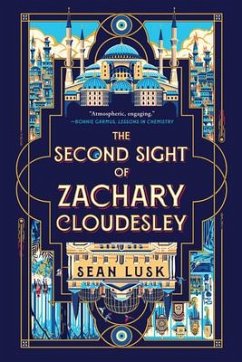Nicht lieferbar

The Consolidator (Esprios Classics)
or, Memoirs of Sundry Transactions from the World in the Moon
Versandkostenfrei!
Nicht lieferbar
Weitere Ausgaben:
The Consolidator; or, Memoirs of Sundry Transactions from the World in the Moon is a fictional adventure by Daniel Defoe published in 1705. It is a satirical novel that mixes fantasy with political and social satire. The novel is a political satire of the British political and society of Defoe's era. For example, each of the chariot's winged steeds represents a houses of parliament. The chariot has also been described as one of the earliest spaceships (or airships) in known fiction. This, in addition to its portrayal of the Moon and the concept of space flight, resulted in the work being class...
The Consolidator; or, Memoirs of Sundry Transactions from the World in the Moon is a fictional adventure by Daniel Defoe published in 1705. It is a satirical novel that mixes fantasy with political and social satire. The novel is a political satire of the British political and society of Defoe's era. For example, each of the chariot's winged steeds represents a houses of parliament. The chariot has also been described as one of the earliest spaceships (or airships) in known fiction. This, in addition to its portrayal of the Moon and the concept of space flight, resulted in the work being classified as one of the proto-SF works.















